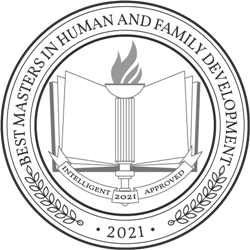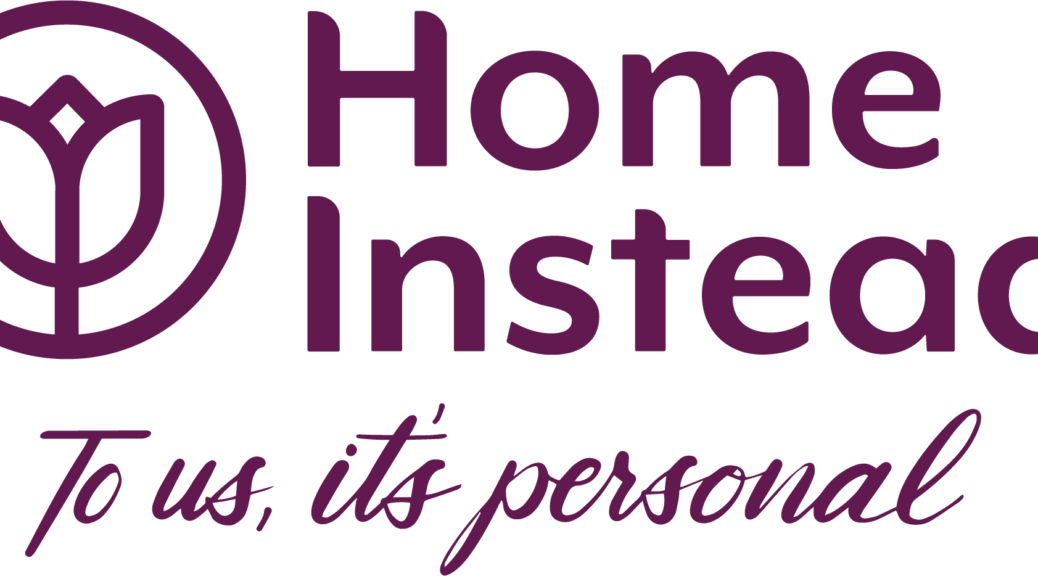OMAHA, Neb. (PRWEB)
April 26, 2021
There is no place quite like home. This sentiment is especially understood by the increasing number of older adults who would prefer to age in place. Over the last year this desire has only intensified, as many families consider this the safer option when compared to facility living for older adults. However, questions around what home care entails, what it costs and what financial assistance and resources are available remain a barrier.
“Many seniors want to remain in their own household, and this trend has only increased during the pandemic,” said Lakelyn Hogan, Ph.D., gerontologist and caregiver advocate at Home Instead. “As caregivers and family members navigate their loved one’s desire to age in place, it’s important to address their questions about options available to them financially and how they can get help.”
In-home care services, including personal care, transportation, meal preparation, household help and companionship – a growing concern for aging adults during the pandemic – go a long way in combatting the impact of isolation amongst this population. There are many benefits, primarily the sense of independence seniors maintain.
One of the most overlooked benefits of home care is the flexibility. While some clients require services 24 hours a day, seven days a week, others prefer only a few shifts a week. The needs of each individual are unique, and professional caregivers are often times able to tailor their schedules to each client. Depending on the level of care needed, home care has the potential to save thousands of dollars a month, compared to nursing homes and assisted living facilities.
A common misconception is that home care is not an option due to associated costs. In fact, according to an AP-NORC long-term care trends poll, many Americans overestimate the cost of home care and underestimate the cost of assisted living communities. This is why taking the time to research and explore all options before making a decision is crucial. Hogan addresses questions surrounding funding for senior care:
-
Q: Do I have to pay out-of-pocket for senior care? - A: Historically, private pay has been the main way people covered the cost of senior care. But there are many options for almost any budget, including long-term care insurance, veteran’s benefits and even Medicare Advantage plans.
- Q: Does Medicare cover the cost of in-home care?
- A: Medicare insurance itself generally will not pay for in-home senior care. However, recent rule changes by the Centers for Medicare & Medicaid Services could allow Medicare Advantage plans to cover a variety of senior support services in the home. The best place to start is speaking with your insurance company about what care could be covered for you or your loved one.
- Q: Does long-term care insurance help pay for senior care?
- A: The answer depends on the individual policy. Talk to the insurance company or agent to find out if the LTC policy covers in-home care – and, if so, what types of services will be reimbursed. Knowing the level of coverage you have from your insurance is a vital step as your loved ones age. Learn more with these LTCI resources.
- Q: How can children or grandchildren pay for senior care for a loved one?
- A: Many families want to see those they love age with independence and dignity in the family home – or whatever setting the senior prefers. Adult children and grandchildren can contribute funds in equal shares or proportionally to support their family member’s needs. Before initiating this type of plan, you might consider seeking the counsel of an attorney for certain things to consider, such as cash gifting regulations.
- Q: Are there any grants I can apply for to pay for senior care?
- A: Yes! Home Instead partners with HFC® to administer grants for deserving families providing care to older adults with Alzheimer’s or another form of dementia. These grants cover the full cost of Home Instead services for a period. To date, there have been 313,200 hours of free care provided through the program. Learn more and apply for a Dementia Home Care Grant. While HFC® is specific to dementia and Alzheimer’s care, there are other local programs worth exploring among area agencies for grants to help fund senior care.
There are many resources available for those who are interested in learning about the cost of care. The most important thing is to make a plan and determine what is best for aging loved ones. For more information about funding, visit: http://www.homeinstead.com/cost-of-care-for-aging-adults/ or start a conversation with the aging experts at your local Home Instead office.
ABOUT HOME INSTEAD
Founded in 1994 in Omaha, Nebraska, the Home Instead® franchise network provides personalized care, support and education to enhance the lives of aging adults and their families. Today, the network is the world’s leading provider of in-home care services for older adults, with more than 1,200 independently owned and operated franchises that provide more than 90 million hours of care annually throughout the United States and 14 other countries. Local Home Instead offices employ approximately 90,000 CAREGivers℠ worldwide who provide basic support services that enable older adults to live safely and comfortably in their own homes for as long as possible. Home Instead franchise owners partner with clients and their family members to help meet varied individual needs. Services span the care continuum – from providing personal care to specialized Alzheimer’s care and hospice support. Also available are family caregiver education and support resources. Visit HomeInstead.com. Connect with us on Facebook and Twitter.
Share article on social media or email:






